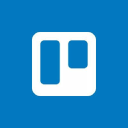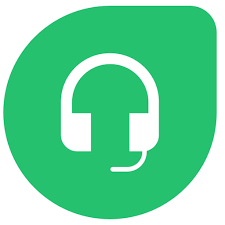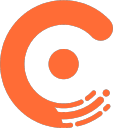On Building A Safety Technology And Growing 2x This Year
My name is Serese Selanders and I’m the Founder and CEO of SolusGuard. Our mission is to save lives. We build technology to keep people safe by helping them stay reliably connected.
Our patented solution includes a custom-designed wearable panic button to make it easy for people to call for help; automated software to simplify the tedious aspects of routine check-ins, and real-time monitoring to provide better safety awareness.
We’ve had a lot of success across a broad range of companies; we add value to any organization that has people working alone in risky jobs or environments. Where we’ve seen a lot of growth is in healthcare, parole/probation, and property management. These people face daily risks in often uncontrollable environments and it’s gratifying, yet sobering, to hear stories from our customers about how we’ve helped bring people home at the end of their day.
We must be doing something right because we doubled our growth this year!
There are a variety of companies in the workplace safety market but If I had to describe our superpower it’s that we are relentlessly customer-focused and build our products to a more rigorous set of standards. The vast...

Download the report and join our email newsletter packed with business ideas and money-making opportunities, backed by real-life case studies.

Download the report and join our email newsletter packed with business ideas and money-making opportunities, backed by real-life case studies.

Download the report and join our email newsletter packed with business ideas and money-making opportunities, backed by real-life case studies.

Download the report and join our email newsletter packed with business ideas and money-making opportunities, backed by real-life case studies.

Download the report and join our email newsletter packed with business ideas and money-making opportunities, backed by real-life case studies.

Download the report and join our email newsletter packed with business ideas and money-making opportunities, backed by real-life case studies.

Download the report and join our email newsletter packed with business ideas and money-making opportunities, backed by real-life case studies.

Download the report and join our email newsletter packed with business ideas and money-making opportunities, backed by real-life case studies.
















